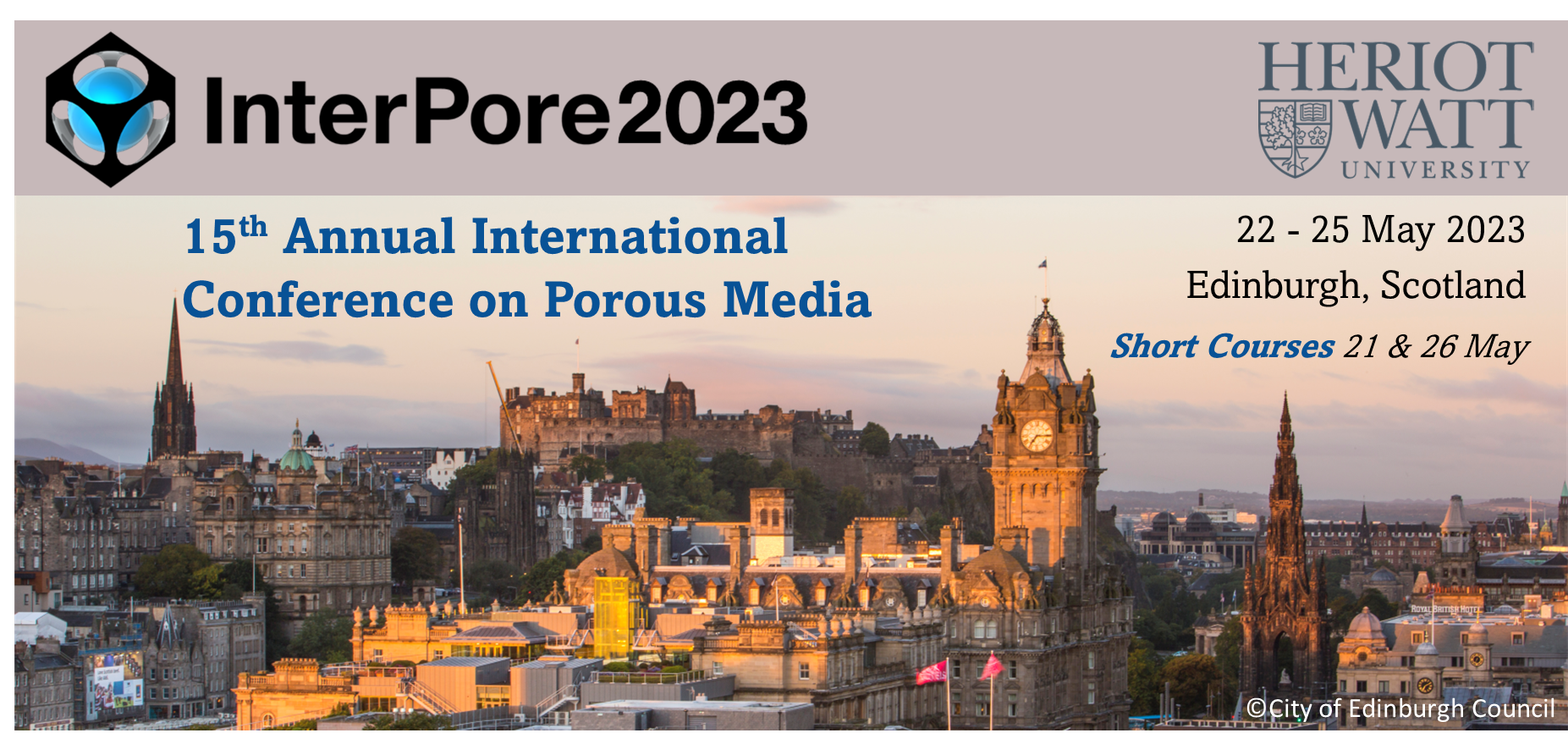Speaker
Description
Slow Sand Filters are the last step of producing drinking water in the Netherlands which play a crucial role in removing microorganisms. A biolayer formed on top few centimeters of the sand, called Schmutzdecke, plays an effective role in colloid removal. A multi scale study is performed to investigate removal efficiency of this layer and attachment mechanisms inside these filters. Pilot plant/ column experiments are done at the meter/centimeter scale to study the effect of different operating conditions such as grain size and flow velocity. These experiments are done by seeding Escherichia coli WR1 as a model bacteria into the filters. At the micro scale, microfluidics are used to directly observe colloid-biofilm interactions, biofilm growth and colloid transport inside the porous media. Result shows that biofilm growth can clog the throats, make preferential flow paths, and decrease filters conductivity, while it can increase removal efficiency.
| Participation | In-Person |
|---|---|
| Country | Netherlands |
| MDPI Energies Student Poster Award | No, do not submit my presenation for the student posters award. |
| Acceptance of the Terms & Conditions | Click here to agree |







